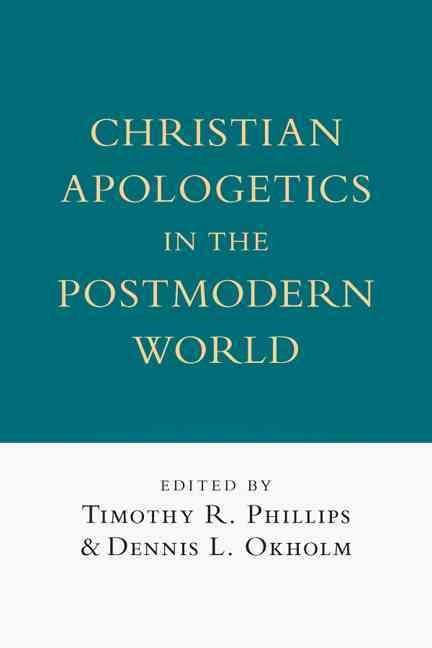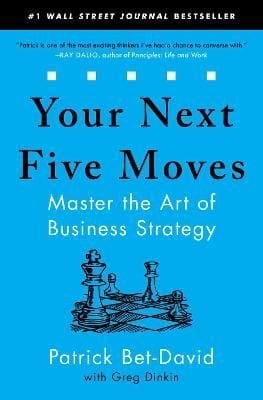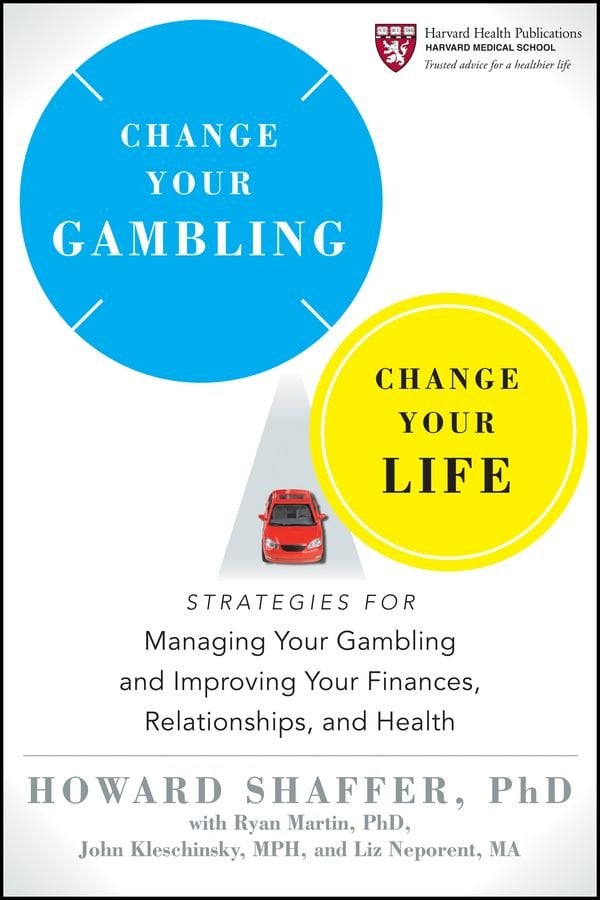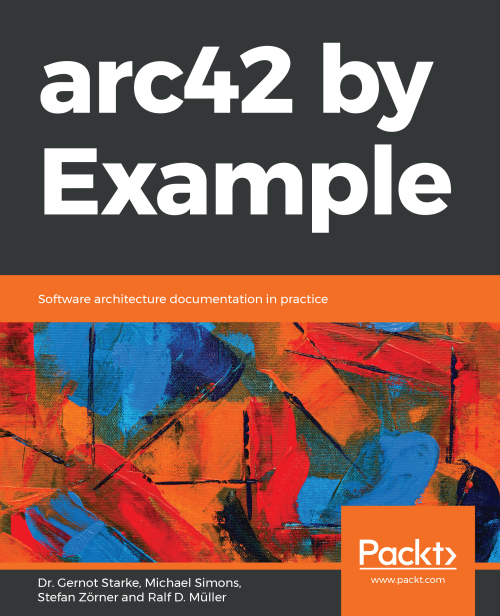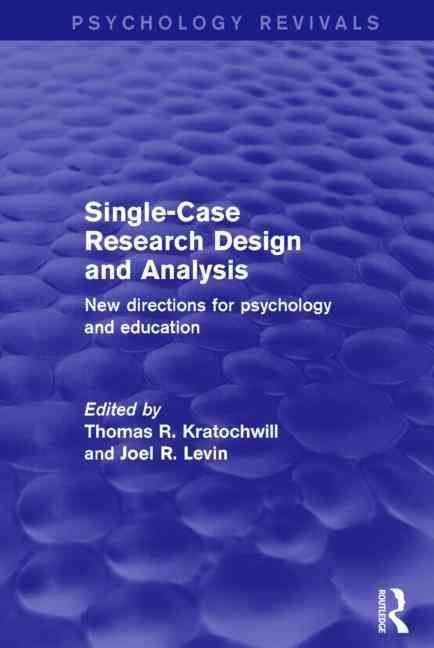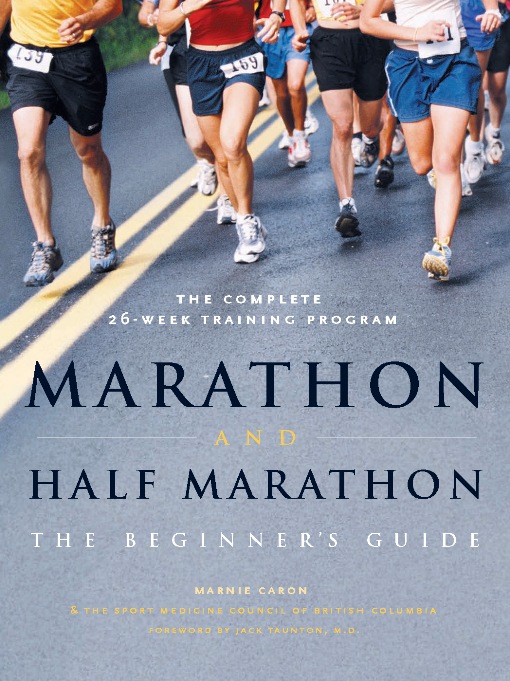Evangelicals are beginning to provide analyses of our postmodern society, but little has been done to suggest an effective apologetic strategy for reaching a culture that is pluralistic, consumer-oriented, and infatuated with managerial and therapeutic approaches to life. This, then, is the first book to address that vital task.In these pages some of evangelicalism’s most stimulating thinkers consider three possible apologetic responses to postmodernity. William Lane Craig argues that traditional evidentialist apologetics remains viable and preferable. Roger Lundin, Nicola Creegan and James Sire find the postmodern critique of Christianity and Western culture more challenging, but reject central features of it. Philip Kenneson, Brian Walsh and J. Richard Middleton, on the other hand, argue that key aspects of postmodernity can be appropriated to defend orthodox Christianity.An essential feature are trenchent chapters by Ronald Clifton Potter, Dennis Hollinger and Douglas Webster considering issues facing the local church in light of postmodernity. The volumes editors and John Stackhouse also add important introductory essays that orient the reader to postmodernity and various apologetic strategies.All this makes for a book indispensable for theologians, a wide range of students and reflective pastors.
